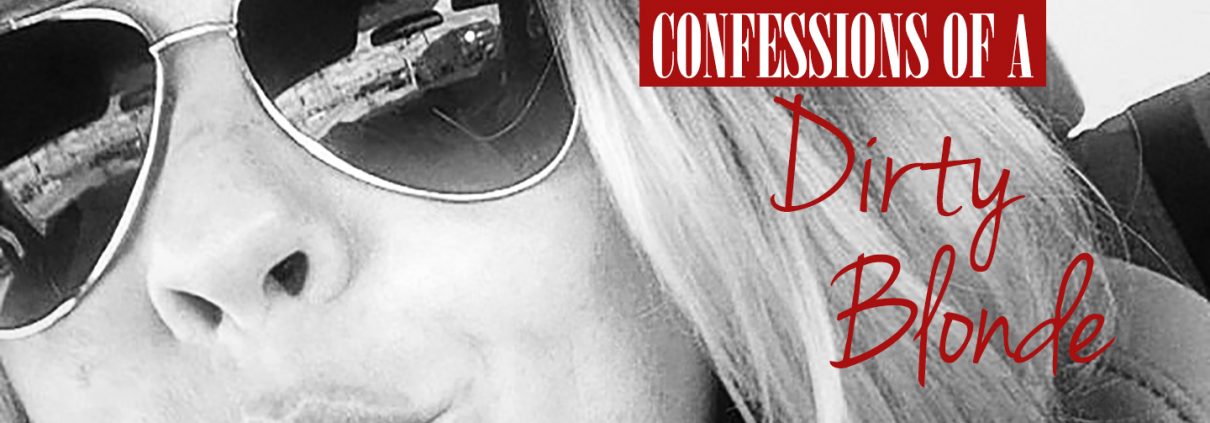Confessions of a Dirty Blonde :: Four tips for better writing
Here we are, a hundred and four years after Mark Twain’s death and he can still teach us a thing or two about writing.
Why do I love him so? Because he didn’t shy away from saying what he felt. He was honest and straightforward, two endearing characteristics that modern readers still enjoy.
And I’m from Missouri. Enough said.
Without further ado, here are Twain’s top tips.
“Use the right word, not its second cousin.”
Using synonyms, especially for the sake of sounding smarter, is useless.
People catch onto your vocabulary and style through each word you choose. Salting your vocabulary with something outside of normal is obvious and insulting to the reader. Plus, they’re reading your work because they want to get to know you. Don’t prevent them from hearing your voice by trying to be someone you’re not.
“Substitute damn every time you’re inclined to write very. Your editor will delete it and the writing will be just as it should be.”
Never use “very” in your writing. It’s lazy writing, doesn’t do anything for the reader and wastes space.
I am damn tired.
She looks damn happy.
Writing this post has been so damn fun.
And if your editor is anyone on Beck’s team, we won’t cut out damn but very will be history.
“You need not expect to get your book right the first time. Go to work and revamp or rewrite it. God only exhibits his thunder and lightning at intervals, and so they always command attention. These are God’s adjectives. You thunder and lightning too much; the reader ceases to get under the bed, by and by.”
Even Twain said you won’t get it right the first time. Sometimes our words and emotions are more powerful, just as some days I still nail pirouettes and other days I look like Taylor Swift in this video. And if you’re trying to show off, you’ll lose the reader. They’ll be gone because they don’t want to know how smart you are. They want to read a great story.
“As to the Adjective: when in doubt, strike it out.”
This goes along with the third point, though I couldn’t reference Taylor Swift here (so I had to include both). Adjectives can be troublesome in writing for a couple of reasons.
- They are very damn sales-y.
We all know when somebody is trying to sell us something. Sales pitches are everywhere and we are practiced at calling out advertisers because of it. While you’re writing, whether fiction or non, adding too many adjectives can make your paragraphs feel sketchy. We’re Pavlov’s dogs, turning away from anything that feels like a pitch.
- They are vague.
Adjectives can mean different things to different people, so if you’re trying to build one mood for your reader, it’s probably not best to do it with adjectives. What fierce means to me could be different than what it means to you. Eager, good and dirty are three other examples.
Adjectives are okay to use in moderation, but you’re going to run into the problems listed above if you use too many. Put yourself on an adjective diet before your editor does. You’ll feel less guilt and your writing will be clean.
***
Got writing questions for Capo? Email capo@rebeccatdickson.com. Confessions of a Dirty Blonde goes out every Thursday.
P.S. Becky’s hosting free training TODAY at noon EST on why writers get blocked, stuck, scared, think they suck AND what to do about it. Click for details. It’s free, and if you can’t make it live, we’ll automatically send you the recording. Your excuse is invalid.


